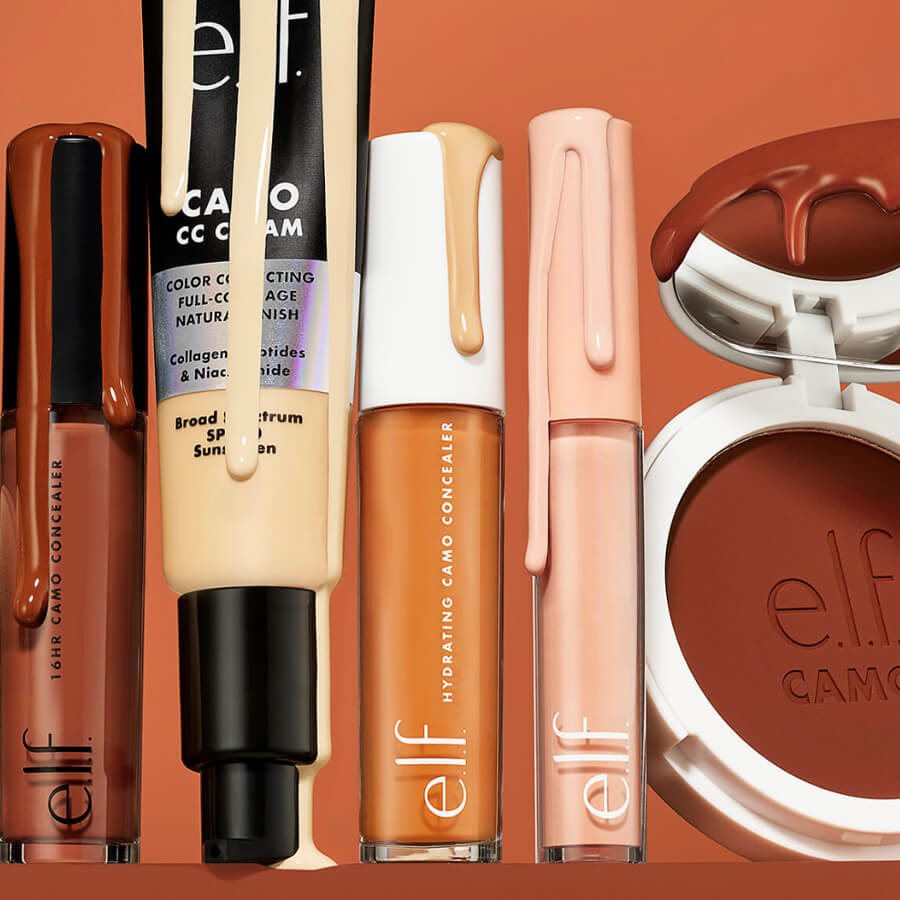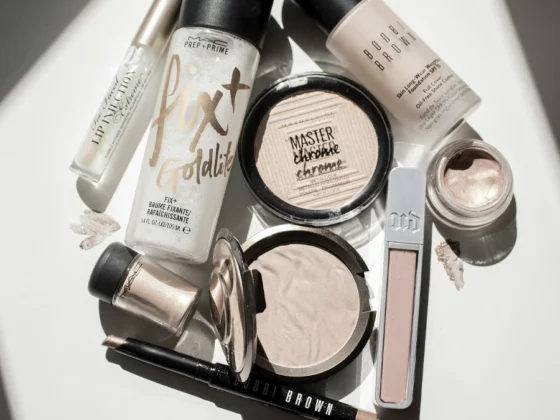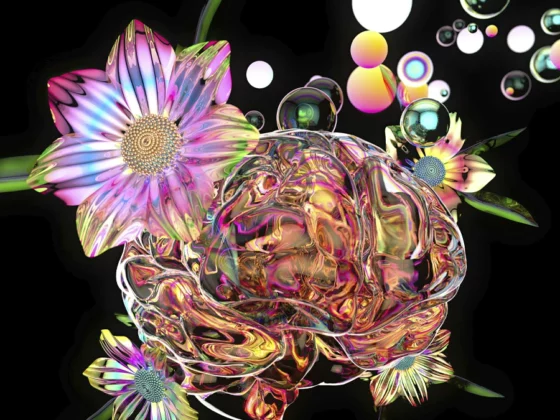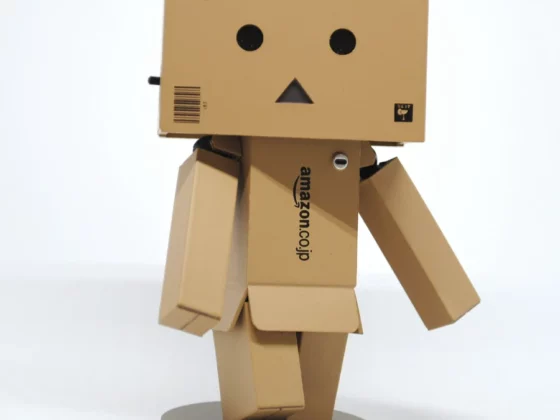Fast Company, the prestigious US magazine that explores innovation in all its forms, has published its list of “Most Innovative Companies” for 2023. The list includes 540 organisations that are redefining industries and culture, selected in 54 categories, including advertising, architecture, design and more.
In this article, however, we will focus on the companies that are making the biggest impact in the beauty and make-up industry. We at Studio Concept specialise in designing and creating exclusive brands for the beauty industry.
We continuously exploit effective branding strategies to enhance visual identity, supporting numerous companies to stand out in the marketplace by reaching an ever-widening audience.
In addition, we collaborate with many beauty start-ups to help them create a strong and cohesive brand image, which is crucial for success in the highly competitive field of make-up and all-round personal care. We have enabled these companies to present themselves as market leaders, gaining the trust of consumers and a prominent position in the beauty industry.
Returning to the central theme of our article, we can state how beauty companies are always looking for innovative solutions for skin care and the fight against ageing. Indeed, if in the past nature was the main reference point for finding these solutions, today biotechnology comes to the rescue.
Thus, the trend towards lab-generated ingredients that promise to improve on what scientists find in nature is complementing the wide adoption of personalised medicine, including cell and gene therapy.
Sarah Broyd, partner at consumer health and pharmaceutical consultancy Clarkston Consulting in Durham, North Carolina, says that “the mRNA technology used in some COVID vaccines has contributed to a greater general understanding of how biotechnology itself works, opening the door to other industries”.
Small beauty companies, in particular, are taking advantage of new technologies to rethink what hair and skin care can achieve.
For instance, K18 has created an innovative molecule that repairs the broken proteins that give hair that dull, dry and frizzy quality.
In contrast, the start-up Ourself, which focuses on skin wellness, fills its products with fat-soluble microcapsules that act like small shuttles, transporting large product molecules under the upper layer of the epidermis, offering volumising effects without needles. Solésence, a subsidiary of the nanomaterials company Nanophase Technologies, has also transformed zinc oxide from a thick white paste into a smooth, transparent cream that blends into the skin to protect against UV radiation and improve the skin’s appearance.
But it’s not just fledgling start-ups that are making headway in the beauty category. In fact, big companies in the industry are certainly not neglecting investment in new technologies with the aim of improving their wares. For example, L’Oréal has partnered with biotechnology company Ginkgo Bioworks to develop customised natural ingredients for their beauty products.
While Estée Lauder introduced a new digital beauty tool, called “Lip Artist”, which uses artificial intelligence to help consumers choose the perfect lipstick for their skin tone.
In this regard, below we will take a look at the small and large cosmetics companies that are proving to be extremely innovative, up-to-date and fully in line with current market demands.
Contact us and tell us your idea.
Indice
E.L.F. Cosmetics: Marketing on Tiktok for Generation Z
E.L.F. has revolutionised the make-up world with its range of effective products at affordable prices, so much so that while many brands rely on influencer-led campaigns to boost their popularity, E.L.F. has opted for a different approach: reaching real users where they are and creating a community of positivity.
Known for its popular line of eye, lip and facial make-up, this company quickly won the hearts of Generation Z thanks to its Halo Glow Liquid Filter, a product so loved that it sold out in just 48 hours, generating a waiting list of no less than 65,000 people.
However, E.L.F. doesn’t stop there, as the company is a real master at organising unexpected collaborations with brands such as Chipotle and Dunkin’. Moreover, it was one of the first brands to enter the scene on TikTok, where it generated around 3 billion impressions with a user-generated Christmas film.
For a more in-depth look at the case study, see the ELF analysis produced by TikTok for Business.
Not forgetting his participation in TikTok’s #NextInMusic challenge, where he selected seven members to form a group called The Future X. But the brand in question is not only limited to the Chinese platform TikTok. In fact, its collaboration with the streaming platform Twitch is well known, focused on the creation of a special collection of tricks dedicated to the very large audience of video gamers.
Nanophase Technologies: Innovation in Skincare and Sun Protection
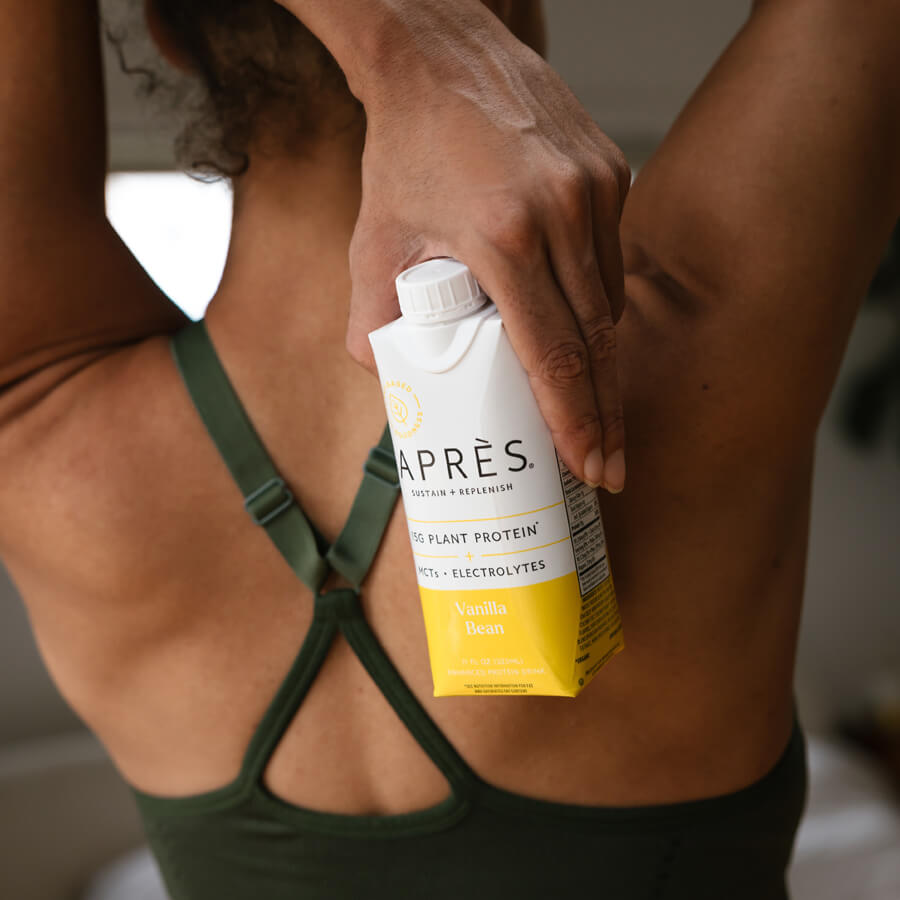
Solésence, una società sussidiaria della rinomata Nanophase Technologies, a subsidiary of the renowned Nanophase Technologies, is the secret behind many of our favourite skincare products. This innovative company has developed mineral-based compounds that are used in the top skincare brands sold in our shops, as well as in the products of brands such as Credo and Colorescience.
But that’s not all! Solésence has also revolutionised broad-spectrum sun protection, using a patented technology called Kleair. This innovative formula, now found in many popular brand products, fights free radicals, leaving the skin as smooth and clear as a canvas on which to express your personal style without the annoying whitish effect.
In this respect, it is not surprising that Kleair won the Allé award from Cosmetics & Toiletries as the “most significant ingredient” in its category, achieving truly astounding sales results, registering a 22% increase in turnover over the previous year. What’s more, thanks to the constant search for new skin care solutions, Solésence is set to become more and more the trusted partner of top cosmetics companies.
K18: Revolution in the Treatment of Damaged and Bleached Hair
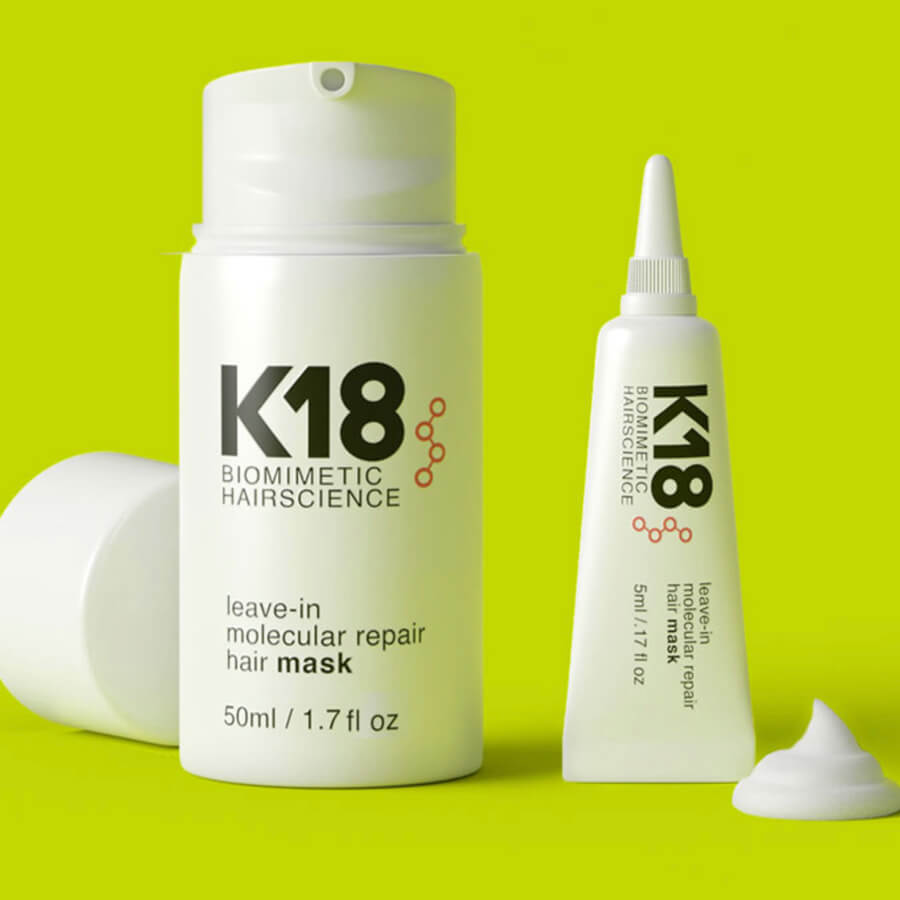
K18, the innovative biotech that made its debut just over a year ago, is solving a problem that is often overlooked: hair damage caused by bleaching. By creating a patented molecule that repairs damaged proteins, the company is revolutionising the way hair is treated.
K18’s post-discolouration treatment, in fact, takes only four minutes. What’s more, the home-made hair mask is just as easy to use on its own. Peer-reviewed clinical tests have shown that, after just one use, hair returns to 91% of its original strength and 94% of its original elasticity. So, thanks to these extraordinary results, the small molecule in a tube has become a real star on social media, garnering over 12 billion views. So it is not surprising that K18 has become the fastest growing hair care brand on social, as confirmed by the latest marketing data.
Contact us and tell us your idea.
Oddity: Advanced Technology for Personalised Make-up and Skin Care Solutions
As we see every day, technology has truly revolutionised the beauty industry, and Oddity is at the forefront of developing customised makeup and skincare solutions.
Thanks to an online quiz based on artificial intelligence, this brand created The Makiage, a brand of foundation that adapts perfectly to the skin and without the need to send a photo.
The results speak for themselves: the product has received more than 400,000 five-star reviews and has become a huge success in just 18 months. But the platform doesn’t stop there: it has launched Spoiled Child that can offer personalised recommendations on hair and skin serums, as well as moisturising products and supplements. All capable of taking care of women’s concerns about hair loss and ageing. Finally, thanks to hyperspectral imaging technology, it will soon be possible to detect skin rashes before they appear, making access to dermatology much easier.
Lush Cosmetics: Sustainability, Inclusiveness and Transparency in the Beauty Industry
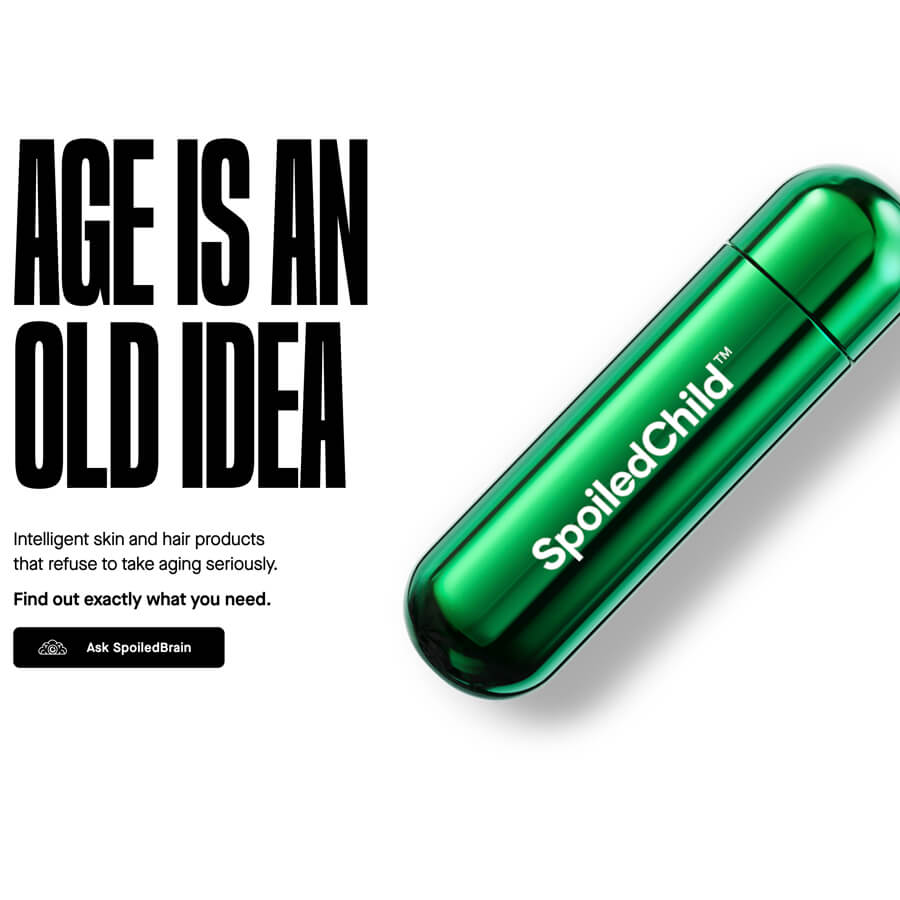
Finally, Lush Cosmetics has also made great strides in sustainability and inclusiveness. The company has revisited their entire supply chain to ensure their products are sustainable and ethical, including purchasing honey from former elephant poachers turned beekeepers in Zambia. Lush has also made great strides in supply chain transparency, documenting the origin of their products and monitoring the health of each Boswellia tree.
The company has committed to making all its products self-preserving and has removed harsh chemicals from its best-selling moisturisers and the popular Ultrabland facial cleanser. In addition, customers can now bring their old containers into the shop to get a discount on the purchase of new products, thus promoting reuse and sustainability.
Lush has also proven to be a company that stands up for inclusivity and people’s rights. The “Gay is OK” soap, created in response to Florida’s “Don’t Say Gay” law, made a big statement of support for equality and diversity.
Lush has also eliminated most of its social media accounts to promote wellness and self-care, trying to steer customers away from sites such as Facebook and TikTok, which often use algorithms that conflict with Lush’s values. Despite this, Lush’s sales increased 60% year-on-year from 2021 to 2022, demonstrating that customers appreciate the company’s values and its commitment to sustainability and inclusivity.


